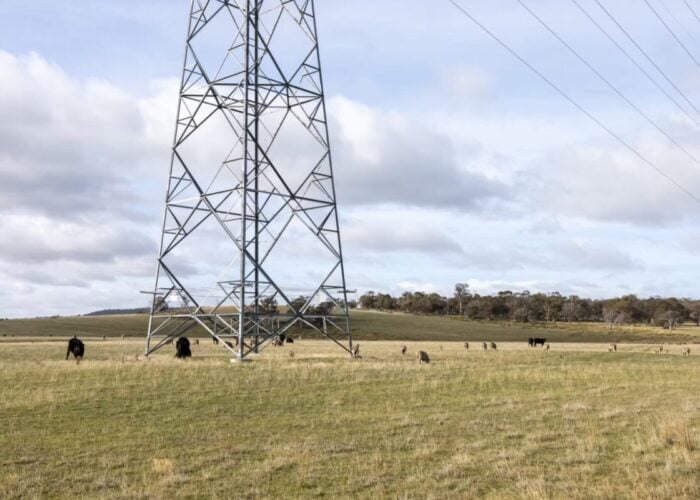In response to the to unconfirmed media reports concerning the possible threat of between 16-17% cuts in the EEG feed-in tariffs by as early as April 2010, the German Federal Solar Industry Association (BSW-Solar) said in a statement on its website that there was no room for such large cuts, especially on the back of what is effectively a 10% cut automatically in place since the beginning of the year. The trade association warned that lowering the FiT rates too fast, endangered 50,000 jobs in the German solar industry, and put at risk over €10 billion in planned production expansion plans and future R&D investments.
As previously reported, the BSW-Solar has supported further cuts as solar module prices have fallen by as much as 40% in 2009; however, the group supported extra cuts lower than what is being claimed in news reports that the German government is planning to adopt.
Unlock unlimited access for 12 whole months of distinctive global analysis
Photovoltaics International is now included.
- Regular insight and analysis of the industry’s biggest developments
- In-depth interviews with the industry’s leading figures
- Unlimited digital access to the PV Tech Power journal catalogue
- Unlimited digital access to the Photovoltaics International journal catalogue
- Access to more than 1,000 technical papers
- Discounts on Solar Media’s portfolio of events, in-person and virtual
Or continue reading this article for free
In a statement BSW-Solar President Günther Cramer said, “For this we need the support of the policy and funding policy with a reliable sense of proportion.”
A report by Landesbank Baden-Wurttemberg (LBBW) and noted in the BSW-Solar statement claims that a reduction in FiT rates in double-digit percentage range would not only harm the German solar industry with much production shutdown due to lack of demand, but that Asia-based PV module suppliers would benefit the most as their lower manufacturing costs would see them gain market share over German-based producers.
Ironically, according to a Digitimes story, Chinese- and Taiwanese-based module producers they contacted believed the revised FiT cuts were designed to slow demand because foreign producers have been gaining market share and that a majority of modules installed in the German market were foreign not domestic. How this would actually benefit German producers wasn’t clear.







